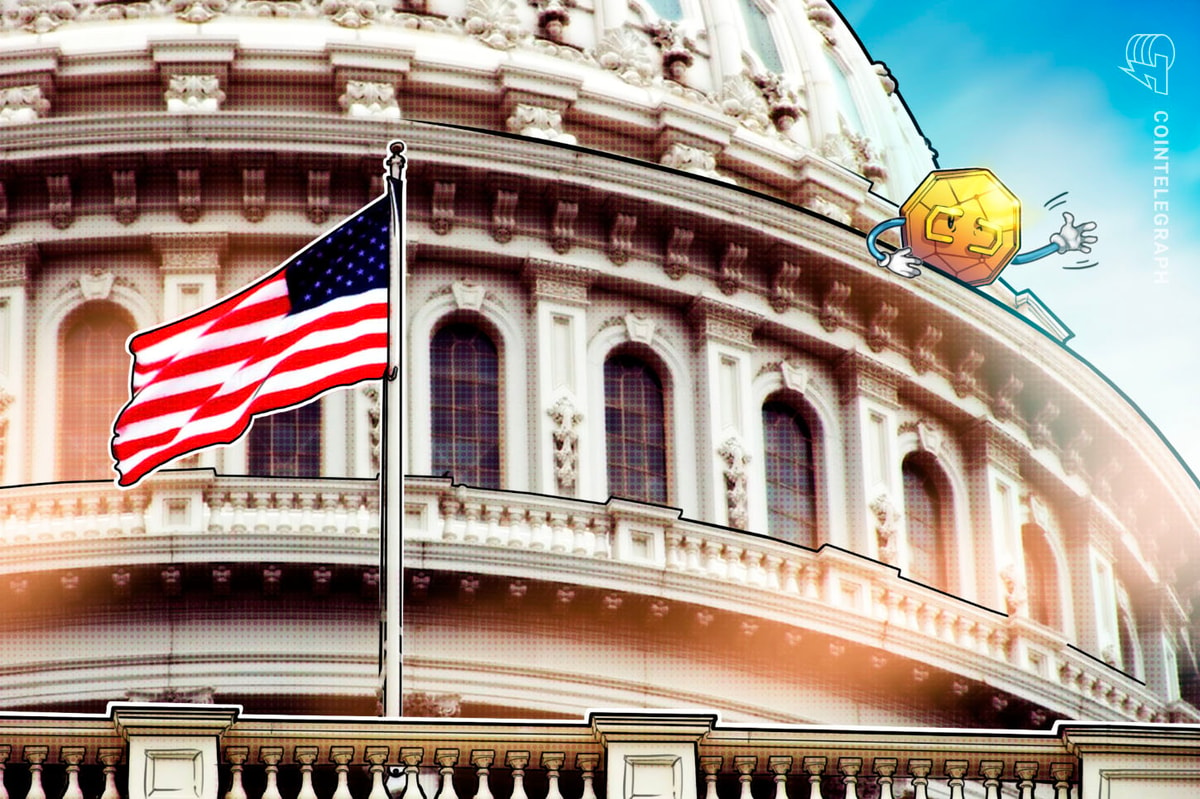Historic House Vote Propels Crypto Bills Forward: A New Era for Regulation

House Republicans Advance Key Crypto Legislation Amid CBDC Controversy
Historic Vote Paves the Way for Crypto Bills
In a significant development, House Republican leaders have reached an agreement to advance three crucial cryptocurrency bills that had been stalled due to a lengthy procedural vote. This vote, which lasted over nine hours, marked the longest in House history, ultimately concluding with a narrow approval of 217-212.
- Historic Vote Paves the Way for Crypto Bills
- Central Bank Digital Currency Ban Sparks Debate
- “Crypto Week” Initiatives
- Legislative Timeline and Challenges
- CBDC Concerns Persist
- Clarifications on the GENIUS Act
- CBDC Ban to Be Included in Defense Legislation
- Potential Legislative Hurdles
- Record-Setting Vote Duration
Central Bank Digital Currency Ban Sparks Debate
Initially, a faction of Republican lawmakers withheld their support for the vote, demanding a definitive ban on central bank digital currencies (CBDCs). In response, House Majority Leader Steve Scalise announced that the proposed CBDC ban would instead be incorporated into the National Defense Authorization Act (NDAA), a critical defense spending bill that typically garners bipartisan support.
“Crypto Week” Initiatives
Dubbed “Crypto Week” by House Republican leaders, the agenda includes the CLARITY Act, aimed at establishing a clear regulatory framework for the crypto market, the Anti-CBDC Surveillance Act, which seeks to prohibit CBDCs, and the GENIUS Act, designed to regulate stablecoins. Notably, former President Donald Trump has expressed a desire to sign the GENIUS Act before the weekend.
Legislative Timeline and Challenges
Scalise indicated that the House would hold separate votes on the GENIUS Act and the CLARITY Act as early as Thursday. However, Speaker Mike Johnson mentioned that votes on other bills might be deferred until Friday or the following week.
CBDC Concerns Persist
The resistance from anti-CBDC Republicans also complicated an earlier resolution concerning the three crypto bills. Representative Keith Self, one of the holdouts who eventually changed his vote, expressed concerns that the GENIUS Act could inadvertently facilitate a pathway for a CBDC. Notably, Marjorie Taylor Greene was the only Republican to side with Democrats against the measure.
Clarifications on the GENIUS Act
The GENIUS Act explicitly states that it should not be interpreted as granting the Federal Reserve the authority to provide services directly to the public, which would encompass a CBDC.
CBDC Ban to Be Included in Defense Legislation
House Republican leaders have committed to including a CBDC ban in the NDAA, a move aimed at satisfying the party’s hardliners. Representative Tim Burchett, who initially opposed advancing the bills, confirmed in a video that negotiations had centered around this strategic shift.
Potential Legislative Hurdles
Burchett cautioned that any modifications to the GENIUS Act could jeopardize its chances in the Senate, suggesting that lawmakers are contemplating adjustments to ensure its passage.
Record-Setting Vote Duration
The lengthy vote not only set a new record but also surpassed the previous high, which occurred earlier this month during a vote on a major tax and spending bill known as the One Big Beautiful Bill Act.
In summary, as House Republicans navigate the complexities of cryptocurrency regulation, the inclusion of a CBDC ban in the NDAA could play a pivotal role in shaping the future of digital currencies in the United States.







